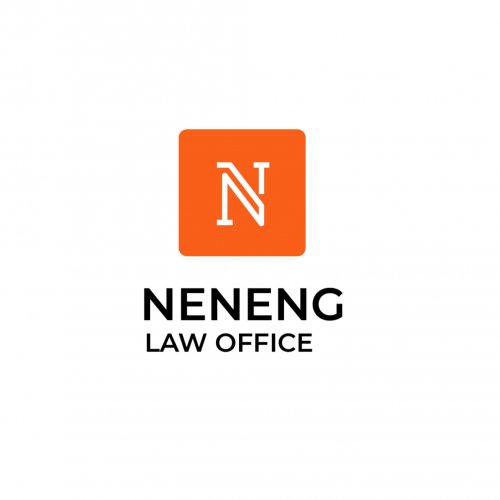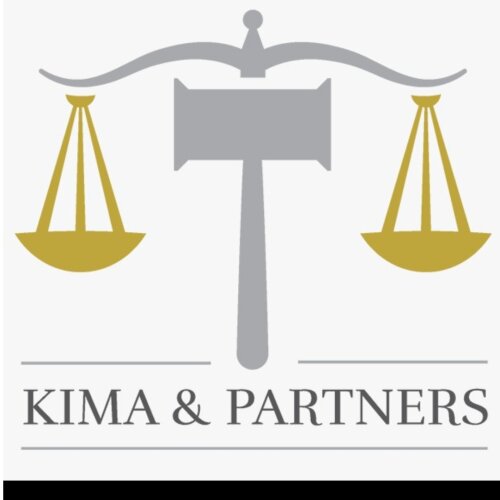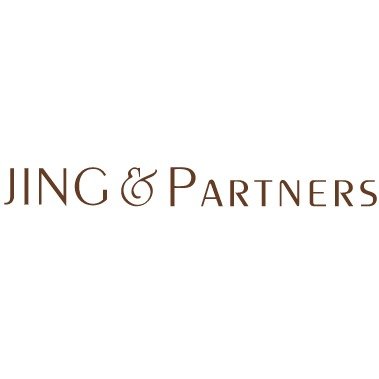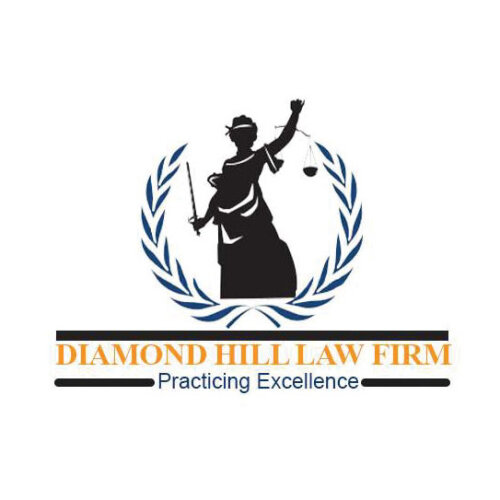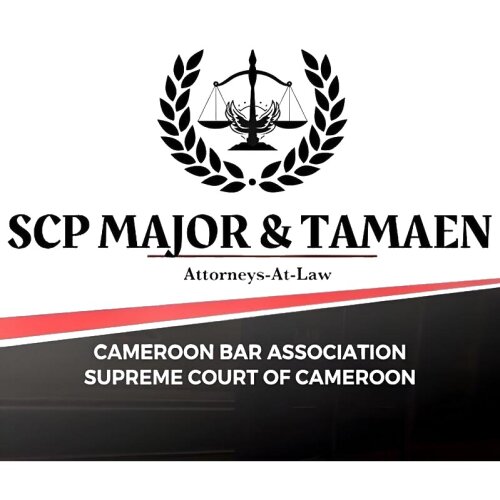Best Acquisition / Leveraged Finance Lawyers in Cameroon
Share your needs with us, get contacted by law firms.
Free. Takes 2 min.
Or refine your search by selecting a city:
List of the best lawyers in Cameroon
About Acquisition / Leveraged Finance Law in Cameroon
Acquisition and leveraged finance refers to the funding obtained to purchase businesses, assets, or stakes through debt, often with an emphasis on using borrowed money to maximize financial returns. In Cameroon, these types of transactions are increasingly popular, especially among companies looking to expand or gain strategic advantages. The process of structuring acquisition and leveraged finance deals in Cameroon involves unique legal, regulatory, and financial considerations, due to the interplay of local and international law, currency restrictions, and regulatory approvals.
Why You May Need a Lawyer
Legal expertise is critical in acquisition and leveraged finance transactions to help navigate the complex legal landscape and protect your interests. You may need a lawyer in situations such as:
- Negotiating the terms of a loan or financial facility for a business purchase
- Conducting legal due diligence on a target company or asset
- Structuring the transaction to comply with local banking, currency, and investment regulations
- Drafting and reviewing finance documents, security agreements, and guarantees
- Dealing with cross-border financing structures or foreign investors
- Handling regulatory approvals from government agencies and the Central Bank of Central African States (BEAC)
- Resolving disputes or managing risks related to the transaction
Local Laws Overview
Cameroon follows a civil law system and is a member of the Organization for the Harmonization of Business Law in Africa (OHADA). Key legal issues that impact acquisition and leveraged finance transactions include:
- OHADA Uniform Acts: These provide the framework for company law, securities, enforcement of guarantees, and insolvency proceedings within Cameroon and other member states.
- Banking and Financial Regulation: The BEAC regulates foreign exchange transactions, remittances, and cross-border payments. Commercial banks are also subject to domestic law and regional CEMAC regulations.
- Investment Codes: Investment incentivization schemes and restrictions may apply, particularly for transactions involving foreign investors.
- Security Interests: Taking collateral and enforcing security are governed by the OHADA Uniform Act on Security Interests. Proper registration and notarization are crucial for enforceability.
- Foreign Exchange Controls: Outbound and inbound payments related to acquisition finance often require BEAC authorization or notification.
- Due Diligence Requirements: Thorough checks are necessary to comply with anti-money laundering and anti-corruption rules.
Frequently Asked Questions
What is leveraged finance in the context of Cameroon?
Leveraged finance refers to using significant amounts of borrowed money to acquire a business or asset. In Cameroon, these deals are structured under local and OHADA law, with attention to securities, compliance, and finance documentation.
Do I need government approval for an acquisition financed by debt?
Depending on the sector, size of the transaction, and involvement of foreign currency or investors, you may need regulatory approvals from sector regulators or BEAC for the financing and the transaction itself.
What are the main legal risks in acquisition and leveraged finance deals in Cameroon?
Key risks include improper due diligence, unenforceable securities, non-compliance with foreign exchange controls, and issues with regulatory approvals leading to delays or invalidation of the transaction.
Can foreign lenders finance acquisitions in Cameroon?
Yes, foreign lenders can participate, but they must comply with Central African currency regulations and may face additional requirements concerning reporting and the registration of security interests.
What kind of security can be taken for acquisition finance?
Common types include pledges on shares, bank accounts, receivables, land, and moveable assets. These securities must be properly registered and sometimes notarized to be enforceable under OHADA law.
How long does it take to complete an acquisition finance transaction?
The timeline varies based on due diligence, negotiation, regulatory approvals, and financing arrangements. Transactions often take several months, especially where regulatory or foreign exchange approvals are required.
What are the common fees and costs involved?
Costs include legal fees, notary fees, registration charges, bank arrangement fees, taxes, and expenses related to regulatory filings. It is important to budget for these in advance.
What is due diligence and why is it important?
Due diligence is the process of investigating the target business or asset to identify any legal, financial, or operational risks. Thorough due diligence is essential to avoid surprises and ensure a smooth transaction.
What happens if the borrower defaults?
If there is a default, lenders may enforce their security according to OHADA procedures and applicable local laws. The process can be complicated and time-consuming if proper legal steps are not taken during the structuring phase.
How can a lawyer assist in an acquisition finance transaction?
A lawyer can help structure the deal, negotiate terms, organize and conduct due diligence, draft and review documentation, secure regulatory approvals, and assist with enforcement or dispute resolution if things go wrong.
Additional Resources
If you are seeking more information or support, consider reaching out to these bodies:
- OHADA (Organization for the Harmonization of Business Law in Africa) - for access to applicable commercial and security law
- Ministry of Finance (Minfi) - regulatory aspects on large transactions and foreign investments
- Central Bank of Central African States (BEAC) - foreign exchange regulations and controls
- Chamber of Commerce, Industry, Mines and Crafts (CCIMA) - business registration and compliance information
- Local law firms specializing in banking, finance, and corporate law
Next Steps
If you need legal assistance for an acquisition or leveraged finance transaction in Cameroon, consider taking the following steps:
- Define your objectives and gather all relevant documentation, including corporate records and financial statements
- Contact a reputable lawyer or law firm with expertise in acquisition, finance, and OHADA law
- Discuss your goals, potential risks, and compliance requirements
- Work closely with your legal advisor to conduct due diligence, structure the deal, and manage necessary filings and approvals
- Stay informed at each stage and make sure all documentation is reviewed before execution
Legal processes in Cameroon can be complex, especially for foreign investors or first-time participants in acquisition and leveraged finance. A qualified lawyer can help navigate these challenges and maximize the chances of a successful transaction.
Lawzana helps you find the best lawyers and law firms in Cameroon through a curated and pre-screened list of qualified legal professionals. Our platform offers rankings and detailed profiles of attorneys and law firms, allowing you to compare based on practice areas, including Acquisition / Leveraged Finance, experience, and client feedback.
Each profile includes a description of the firm's areas of practice, client reviews, team members and partners, year of establishment, spoken languages, office locations, contact information, social media presence, and any published articles or resources. Most firms on our platform speak English and are experienced in both local and international legal matters.
Get a quote from top-rated law firms in Cameroon — quickly, securely, and without unnecessary hassle.
Disclaimer:
The information provided on this page is for general informational purposes only and does not constitute legal advice. While we strive to ensure the accuracy and relevance of the content, legal information may change over time, and interpretations of the law can vary. You should always consult with a qualified legal professional for advice specific to your situation.
We disclaim all liability for actions taken or not taken based on the content of this page. If you believe any information is incorrect or outdated, please contact us, and we will review and update it where appropriate.
Browse acquisition / leveraged finance law firms by city in Cameroon
Refine your search by selecting a city.






